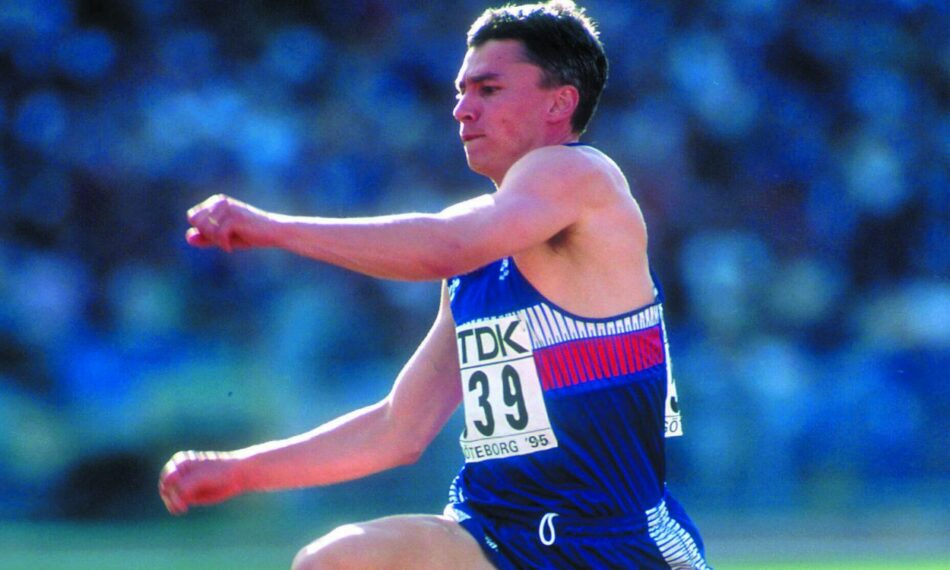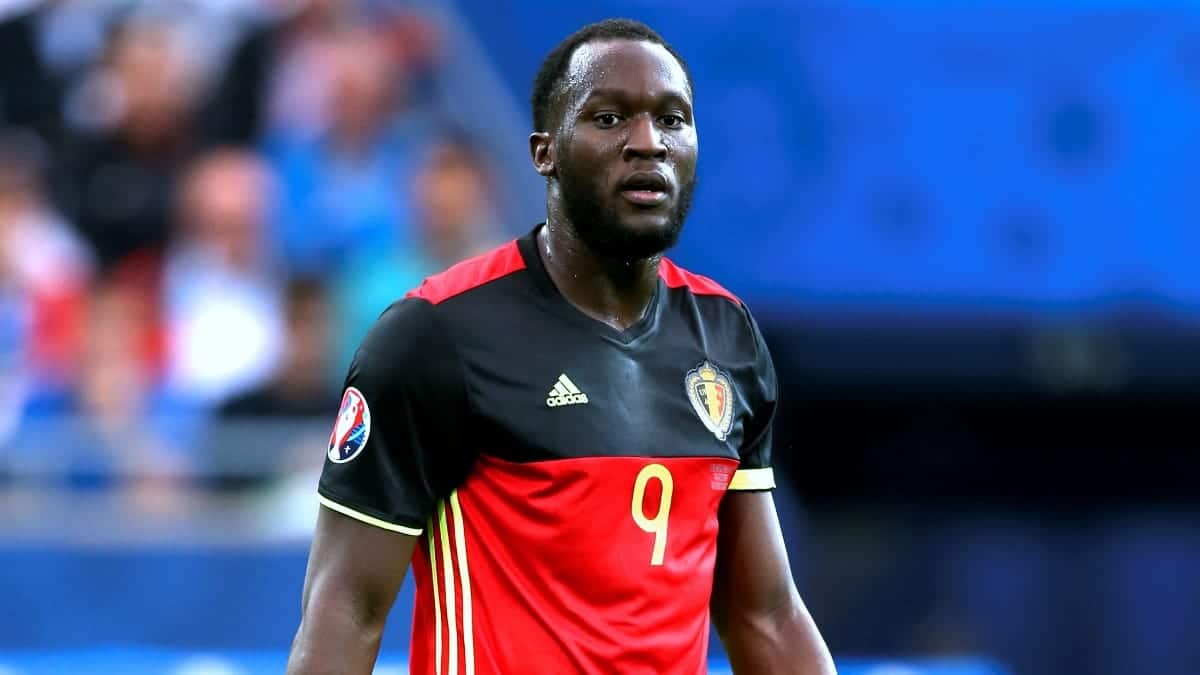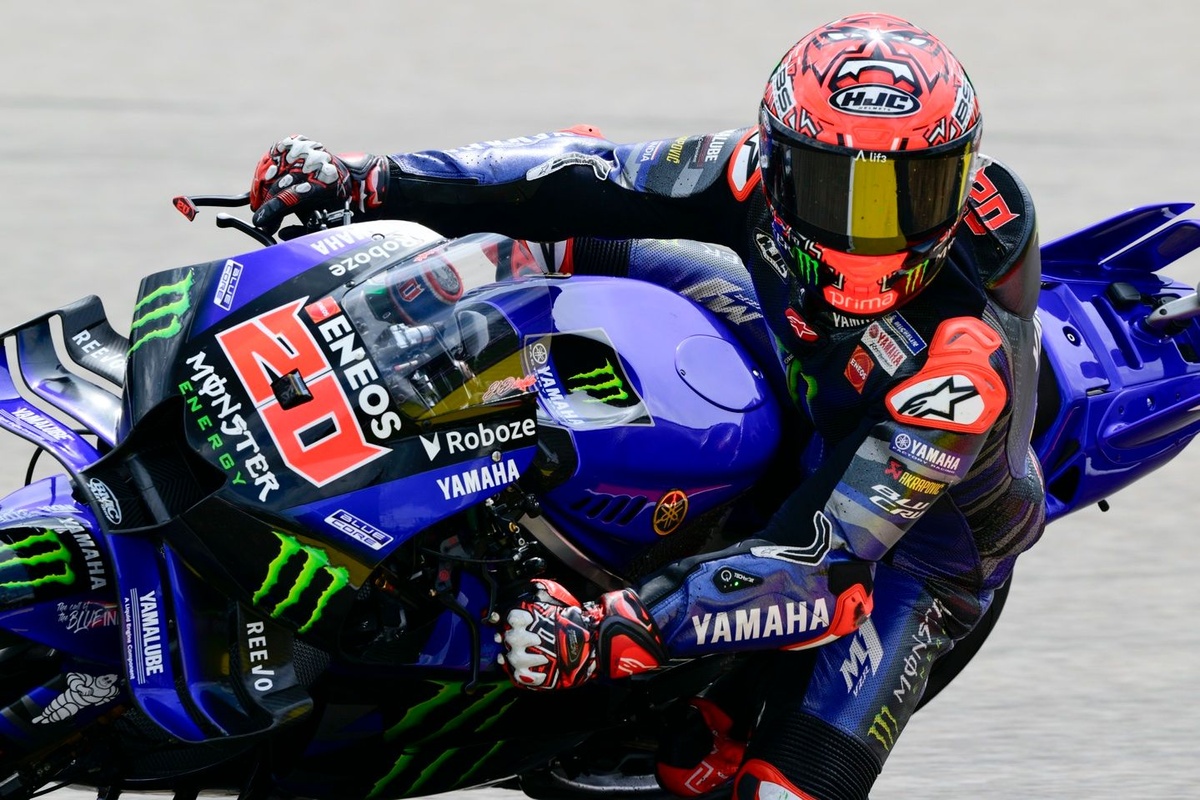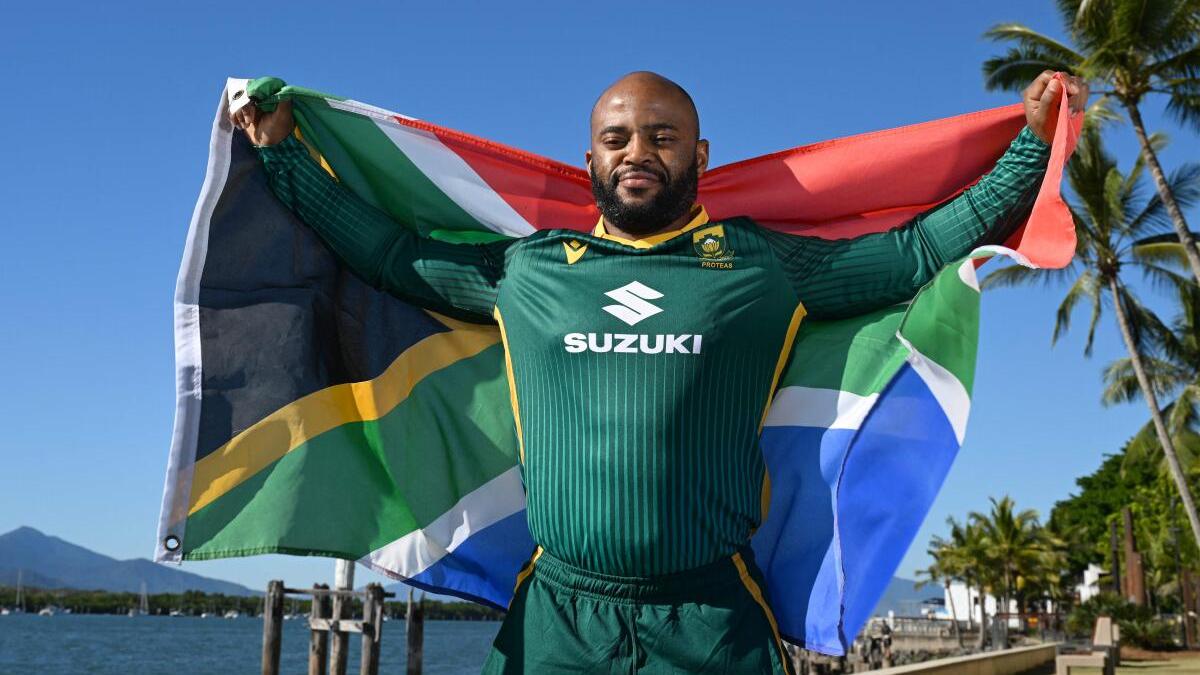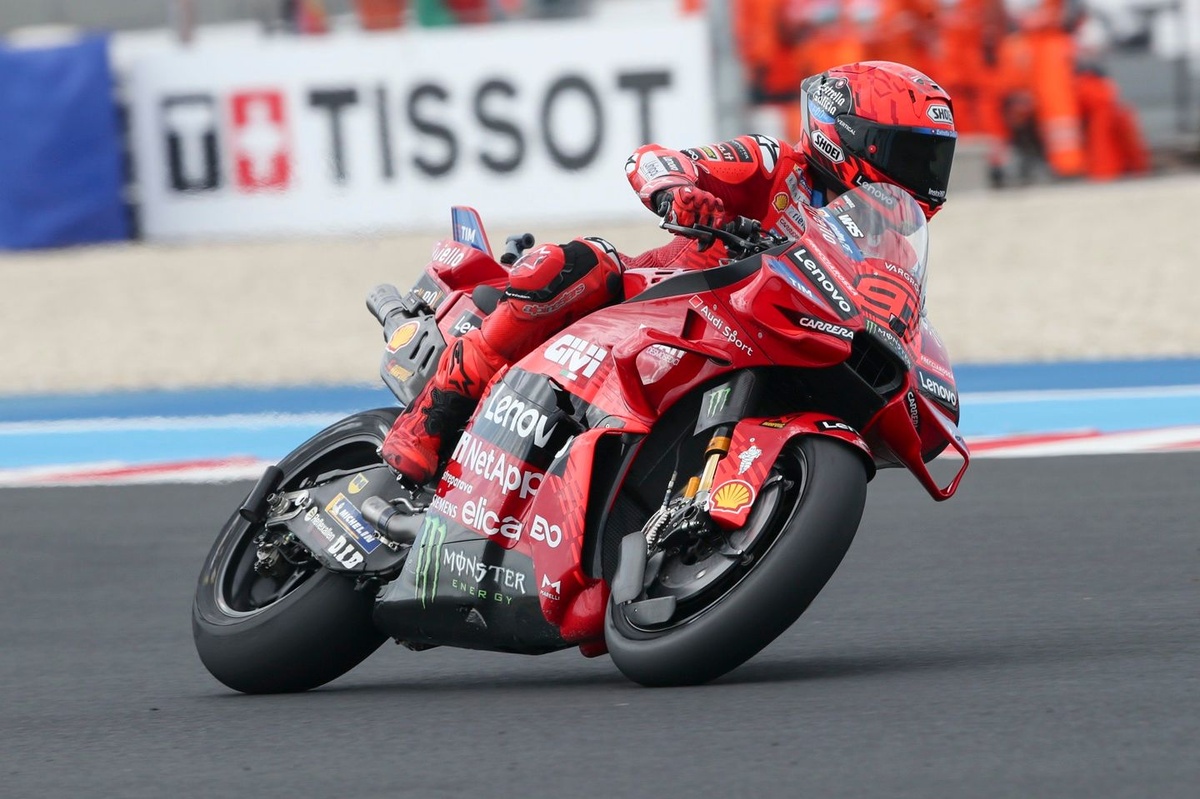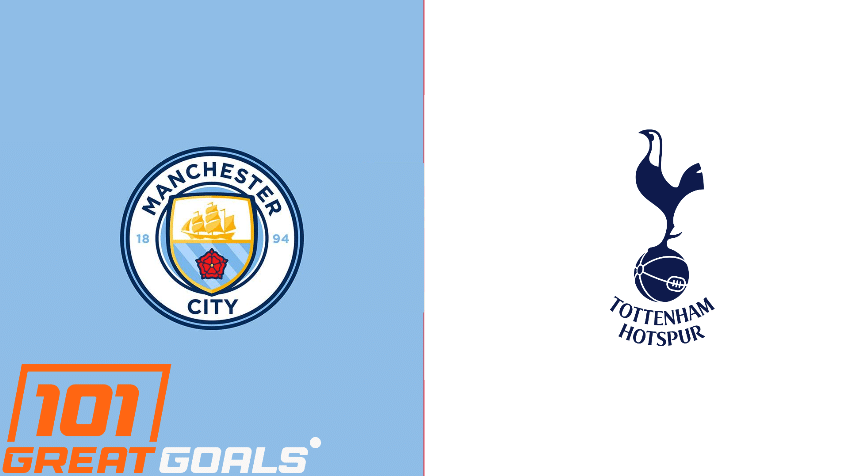British athlete says his iconic 18.29m jump in Gothenburg in 1995 is “almost part of me and more than I could ever hope to achieve in sport”
On August 7, 1995, Jonathan Edwards took to the runway at the World Championships in Gothenburg and jumped 18.16m (1.3) in the first round to improve his own world record of 17.98m which had been set in Salamanca one month earlier.
In the form of his life, in round two he went even further, recording a mark of 18.29m (1.3). The performance was 67cm better than any of his rivals that day and, 30 years later, still survives as the world record.
Many fine triple jumpers have attacked the mark over the years, such as Christian Taylor and Will Claye of the United States, Hugues Fabrice Zango of Burkina Faso, Pedro Pichardo of Portugal and Jordan Díaz of Spain. But Taylor has come closest with 18.21m in 1990.
It is one of the longest standing athletics world records, but has to fall sometime, doesn’t it?
“I’d be upset, I for sure,” he says, “I mean, it’s it’s been so long. It’s almost part of me.
“It’s more than I could ever, ever hope to achieve in sport, so I’ll be fine but it will be a sad day. It would be pretty cool to be on my deathbed and still a world record-holder.”
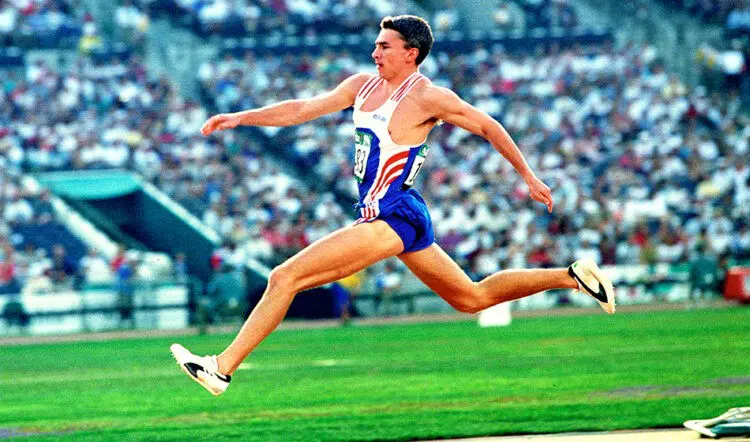
Edwards was speaking to Colin Jackson in the latest episode of Puma’s Go Wild Podcast. Through the conversation, Edwards shares what life was like growing up in a small town in Devon, England, being a late-bloomer in his sport and taking a massive risk to move to Newcastle to pursue a sport he didn’t naturally exceed in.
Elsewhere in the podcast, Edwards speaks about topics that include…
- Finding his flow state through sport: “There was always something about the triple jump, which sort of resonated with me. I was good at it, but I loved the rhythm of it.”
- Pursuing a traditional life: I loved my sport, you know, that’s what I enjoyed the most. But my focus was always on my studies because we were growing up when professional sport didn’t exist. Not In the way that it exists now. Yeah. So I was I was very much focused on studying hard, going to university, getting a degree and getting a job.”
- On being a late bloomer in his sport: “You talk about being a late developer – I actually don’t hold the triple jump record at my school! So, I might have the world record, but the triple jump record at my school is held by a guy called Stephen, a Jomo who went on to play rugby for England.”
- Pursuing his love for his sport: ”I had filled various application forms out but my heart wasn’t in it. And I thought, well, maybe I should just try and be an athlete. […] I mean, there’s no money to be made, there’s no career – there was nothing.”
- On not making money from sport: “And I look back now, I think I was mad. I could have been getting a good job working for a bank or doing my accountancy exams and following a career path. And there I was on unemployment benefit, living in Newcastle, which was a shock to my system.”
- Not letting comments about his physical appearance deter him: “There was nothing remarkable about me. I remember a newspaper article once – I think one of the journalists described me as looking more like a geography teacher. So, there’s nothing about me physically which would make you think that I was going to be a world record holder. And I think all of my competitors looked at me and thought, “God, if Edwards can do it, surely we can do it, because what’s special about him?”.”
- Not letting his natural talent deter him: “My vertical jump or a horizontal jump or a standing triple jump – rubbish. I was strong in the gym, but my actual basic jumping ability wasn’t good. Your long jump personal best is better than mine.”
- Listening to his body through training:”I got a bronze medal at the World Championships and then I trained harder than I’d ever trained that following winter season. And I’d got ill and then I still trained and I got a post-viral thing. So I changed the way I trained. I changed my technique, much more focused on sort of high intensity training, but not much quantity, just to sort of reduce the load on my body.”
- Experiencing imposter syndrome: “So there’s always that sort of imposter syndrome – like this isn’t my thing. I can do it, and I sort of enjoy it, but it comes at a high price. It’s not a life that I would imagine in so many ways, not just jumping, but in terms of what I did afterwards.”
- His message for young athletes of today: “I think that as a general principle, people who achieve great things are just ordinary people. And I think for young people to understand the extraordinary things they’ve done by people who breathe the same air, eat the same food, probably have all the same doubts that they have, is a really important message, because you can think, well, that’s just me.”
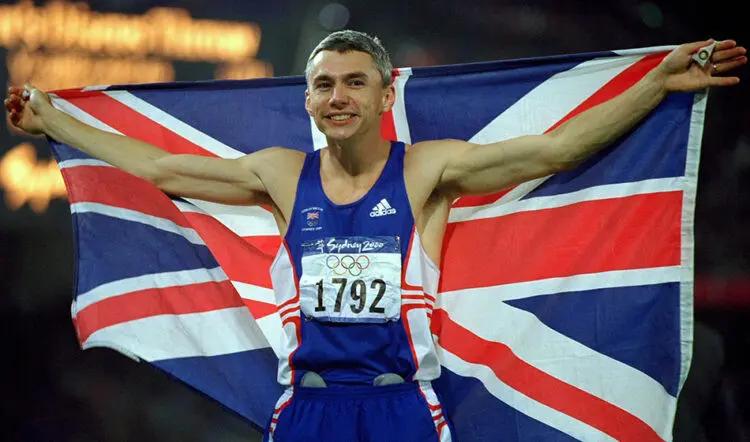
Catch episode eight of the Go Wild Podcast featuring Jonathan Edwards on YouTube, Spotify, and Apple Podcasts

